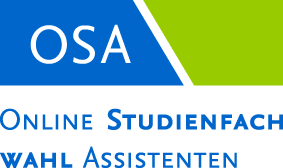Multilingualism in Qinghai Province: Insights from the Linguistic Landscape
This lecture is part of the "Thursday Lecture Series Chinese Linguistics and Chinese Language Teaching" organized by Institute for Chinese Studies.
Giulia Cabras (PhD in Language Sciences, INALCO, 2016) is currently conducting the research project IMAT: (In)visibility of Multilingualism in Amdo Tibet, funded by European Research Executive Agency. Her research focuses on sociolinguistic questions in Northwest China, such as linguistic landscape, language contact and multilingualism.
Abstract:
The Qinghai-Gansu area (also known as Amdo Tibet) is renowned for its linguistic diversity and its history of contact between Sinitic, Tibetan, Turkic and Mongolic ethnolinguistic groups. The area is currently undergoing language assimilation and endangerment processes driven by economic and social imperatives, language policies, and language ideologies supporting high-status languages.
In this lecture, I delve into this phenomenon by examining the linguistic landscape, focusing on multilingual signs and other written material found in public space. The study is based on two distinct areas of Qinghai province: the provincial capital Xining, a non-autonomous area, and Rongbo/Longwu, the county seat of Rebgong/Tongren Tibetan autonomous county. I will consider language regulations, language distribution, content and semiotic elements of the signs. Ethnographic observations will complement this analysis, offering insights into local communities’ agency.
The analysis explore the impact and implications of language policy, language ideologies, and socioeconomic factors in the (in)visibility of ethnolinguistic groups in the area.
Zeit & Ort
06.06.2024 | 12:00 c.t. - 14:00
Silberlaube Room JK 25/138
Habelschwerdter Allee 45
14195 Berlin


